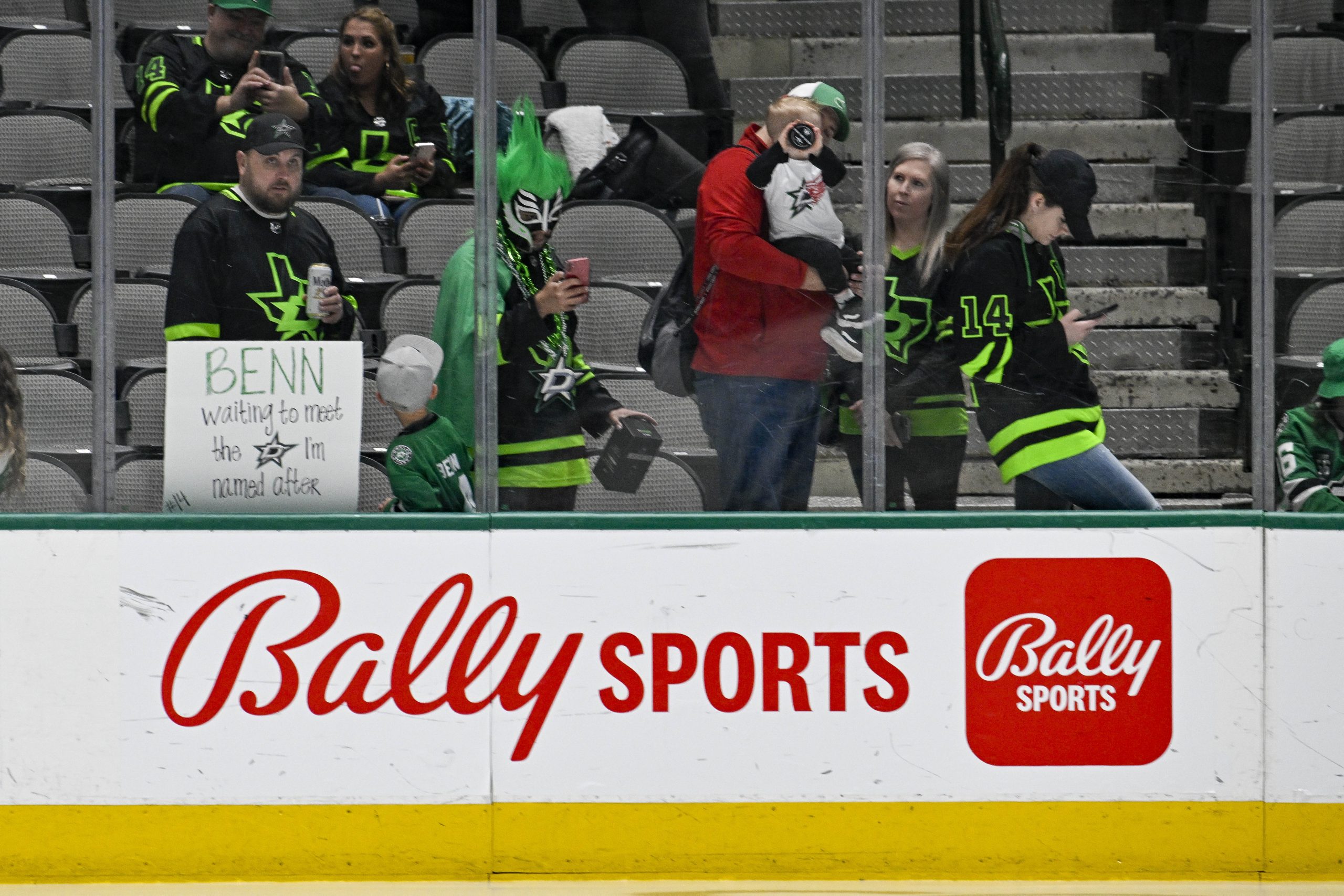This coming Tuesday, the new “ESPN Bet” branding of Penn Entertainment’s online sportsbook (formerly Barstool Sportsbook) will launch. There are lots of interesting questions ahead for how ESPN will operate in an era where their name is specifically on a gambling app (a step up from the previous sponsorship deals they had). And some of those questions are about if and how ESPN employees (who, on the reporting side, definitely have access to inside information) will be able to bet on sports or not.
On Friday, some clarity on that emerged. That came from several sites relaying an internal memo sent to ESPN employees on this. And that indicates that reporters and insiders covering a specific sport can’t bet on it, and neither can employees in charge of managing relationships with those leagues. The memo also bans usage of “non-public information” more widely, and also prohibits employees from providing inside information to others for betting purposes. Here’s some of that memo, via an Action Network article from Chase Howell that prints the memo in full:
Prohibited Betting Activities: Do not use, disclose, or provide access to non-public information that you have been exposed to as part of your job (“Confidential Information”), for any betting-related purposes, including influencing others to place bets or disclosing such information to any sportsbook operator. This includes but is not limited to: (a) a player’s injury status or participation in a game or event; or (b) any other information about officials, players, coaches or management.
Do not place bets on games or events you are assigned to work or cover. For example, production personnel or journalists working on-site or off-site at or on a sporting event must abstain from betting on that particular game or event.
Talent designated as Reporters and Insiders are prohibited from placing, soliciting, or facilitating any bet on the properties (e.g., NFL, college football, NBA) they regularly cover. Employees who learn Confidential Information from Reporters or Insiders should never use such information for betting-related purposes.
…Uphold our journalistic integrity. No story should be reported, delayed, influenced or withheld with the intention of impacting betting lines. All employees must observe the strict boundaries that the Company maintains between our journalistic enterprise and the operations of a sportsbook and should not imply any control or influence over the operations of a sportsbook.
…Employees who manage the Company’s business relationships with sports leagues or properties on a day-to-day basis are prohibited from betting on those sports leagues or properties.
This all seems to generally make sense. And much of this seemingly should have been spelled out before now, as the ESPN Bet launch really is just a marketing and branding play; issues of insiders, reporters, or executives betting on leagues where they have inside information could have sprung up much earlier with sports gambling’s expansion.
Of course, that doesn’t necessarily mean there were issues before. This whole policy is supplemental to Disney’s employee manual, and it may have replaced earlier policies. And the reporters, insiders, and executives involved here may have had the good judgement not to use insider information even if that wasn’t specifically banned.
But insider information, whether used for personal bets or passed on to others, is often a key part of sports gambling scandals, as we’ve seen in a wide variety of NCAA cases so far (and maybe in more not yet uncovered). So it makes some sense to see ESPN issue strict guidelines prohibiting even the appearance of impropriety here.
An interesting element of this, though, may be about the personalities ESPN plans to feature with picks on the ESPN Bet app. Those personalities, including the likes of Scott Van Pelt, may well have more information on a game than your average viewer at home. But if they make their picks public, and don’t bet themselves until after any line shift from that publicity (or don’t bet on those games at all), that could alleviate some of the concerns. We’ll see what happens there.







